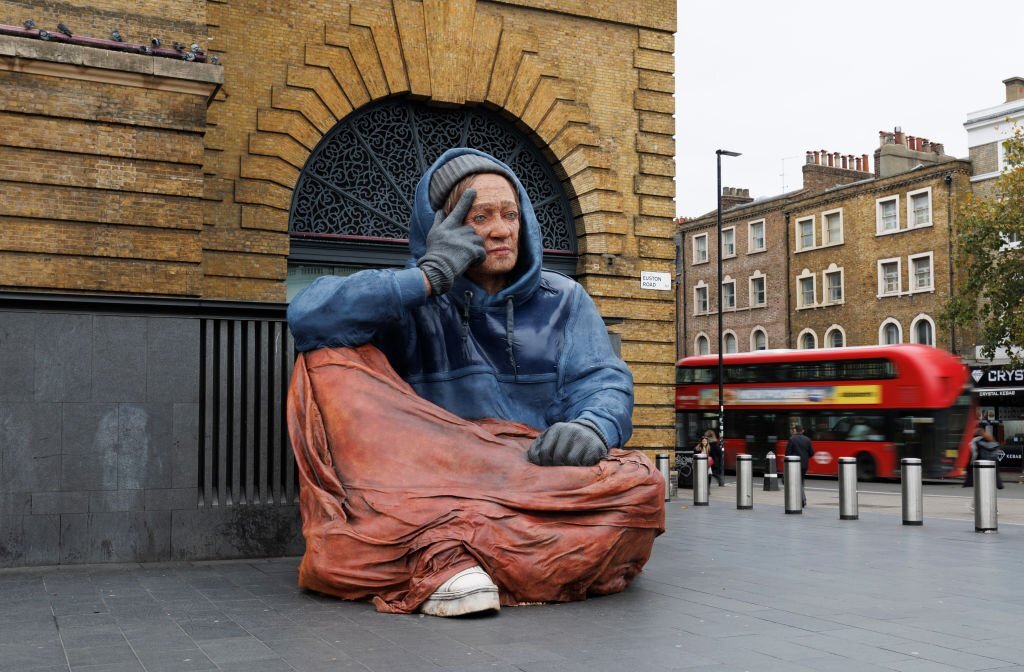This article discusses the housing crisis in England. It argues that the Government’s wrong housing policies have caused the problems. As a result of the Government’s wrong housing policies, low-income households are under severe pressure. What action should people take about the Government’s wrong housing policies and the housing crisis in England?
According to Daily Mail, the number of housing projects being given the go-ahead in England has dropped. This issue has sparked fears of a new housing crisis. Figures show that the number of housing projects receiving planning permission last year decreased to the lowest since 2006. Senior industry leaders have warned that Government reforms are making a ‘nimby’s charter.
The housing crisis in England
As the Centre for Cities says, Britain has a severe housing crisis, especially in the Greater South East. Across England, the average house costs more than ten times the average salary. Moreover, vacancy rates are below 1 per cent. In addition, space per person for private renters has fallen considerably in recent decades.
This housing crisis in England would take at least half a century to solve by building 300,000 homes a year. Tackling the problem sooner requires 442,000 homes per year over 25 years or 654,000 per year over the next decade.
The housing crisis in England requires extensive reform.
An article in the Guardian describes the pitiful number of council houses they build. It says that the small number of council houses has worsened the housing crisis in England. Thus, millions of people are unable to afford their own homes. Centre for Cities believes solving a problem as big as the housing crisis in England requires significant reform. The reform must address the issues with the discretionary planning system, which has been fundamentally untouched since 1947.
Low-income households are under pressure.
According to the Crisis UK website, everyone needs access to safe, decent housing. In the UK, the housing supply needs to keep up with demand. Getting access to housing is becoming more and more difficult for low-income households.
The housing crisis in England is political.
As Politics Home says, views on house building correlate with political preferences. Only 30 per cent of Conservative voters in the last election wanted to build new houses locally. However, the figure was 50 per cent for Labour and SNP voters. Liberal Democrat voters are halfway between.
According to The Times, people face a house crisis in England after fifty local authorities scrapped their planning targets. There are warnings that government reforms are creating a “nimby’s charter”. Councils were previously required to have “local plans” that designated land for development. After Tory MPs’ rebellion, Michael Gove admitted that the Government would not follow the target of 300,000 homes annually. Michael Gove is the housing secretary. Such political issues have severe consequences for low-income households.
Government’s wrong housing policy: Shortage of houses
As Sky News reports, Valentine Quinio says we need vacant homes to allow the housing market to function correctly. Valentine Quinio is a senior analyst at the Centre for Cities. She says landlords have the negotiation power to pull up rents due to the shortage of empty homes. Landlords know that renters have no other choice. Only 1% of homes in England are vacant, much lower than in most European countries. In Germany, the latest OECD data reveals that 8.2% of total homes are vacant. Moreover, in Japan, it’s 13.6%.
Tom Bill is head of UK residential research at the real estate consultancy Knight Frank. Mr Bill criticises the Government’s wrong housing policies in England. He says there are often localised shortfalls in housing because “it’s not a perfect system”. Mr Bill adds that they only sometimes build houses where needed most. “House builders face red tape. They face uncertainty over government support initiatives like Help to Buy,” he says.
Government’s wrong housing policy: Other factors
According to Economics, the vital question is, “Would increasing the supply of homes reduce house prices?” One aim of increasing supply is that it would decrease house prices and make them more affordable. This is true to some extent, but less than what you may expect. Studies show that for every 1% rise in supply, prices and rents may decrease by 1.5%. If we build 300,000 homes a year, house prices may become 10% less over 20 years. It means an average of 0.5% decrease in house price inflation. Inflated house prices are mainly due to the distortion of ultra-low interest rates and wealth inequality. The current increase in interest rates may be necessary to reduce costs.
People must protest against the Government’s wrong housing policies.
The governments in England have been deceiving people who have honestly trusted them. People, particularly low-income households, have been the victims of London’s Government’s deception. Financial Times says Tony Blair stood in the middle of Aylesbury Estate to deliver his first speech as prime minister. In his remarks, the future looked bright. Blair stated, “The Government has forgotten the poorest people in our country”. He placed housing at the centre of his policy programme.
People mustn’t trust the Government anymore. They must protest to get their housing rights. The Crisis UK website refers to the effect of the Government’s wrong housing policies on households’ homelessness. People, particularly low-income families, are under the heavy pressure of the housing crisis in England. Experience shows that London’s Government will not take action to tackle problems unless people protest and fight for their rights.
*Note: According to City Signal: YIMBYism stands for “yes in my backyard,” Its antithesis, NIMBYism, means “not in my backyard.” They are two principles that tend to cause conflict. YIMBYs focus on creating density and growth in their communities. They often have an emphasis on affordable housing or commercial development. However, NIMBYs focus on maintaining stability and preserving what they have built in the community.

